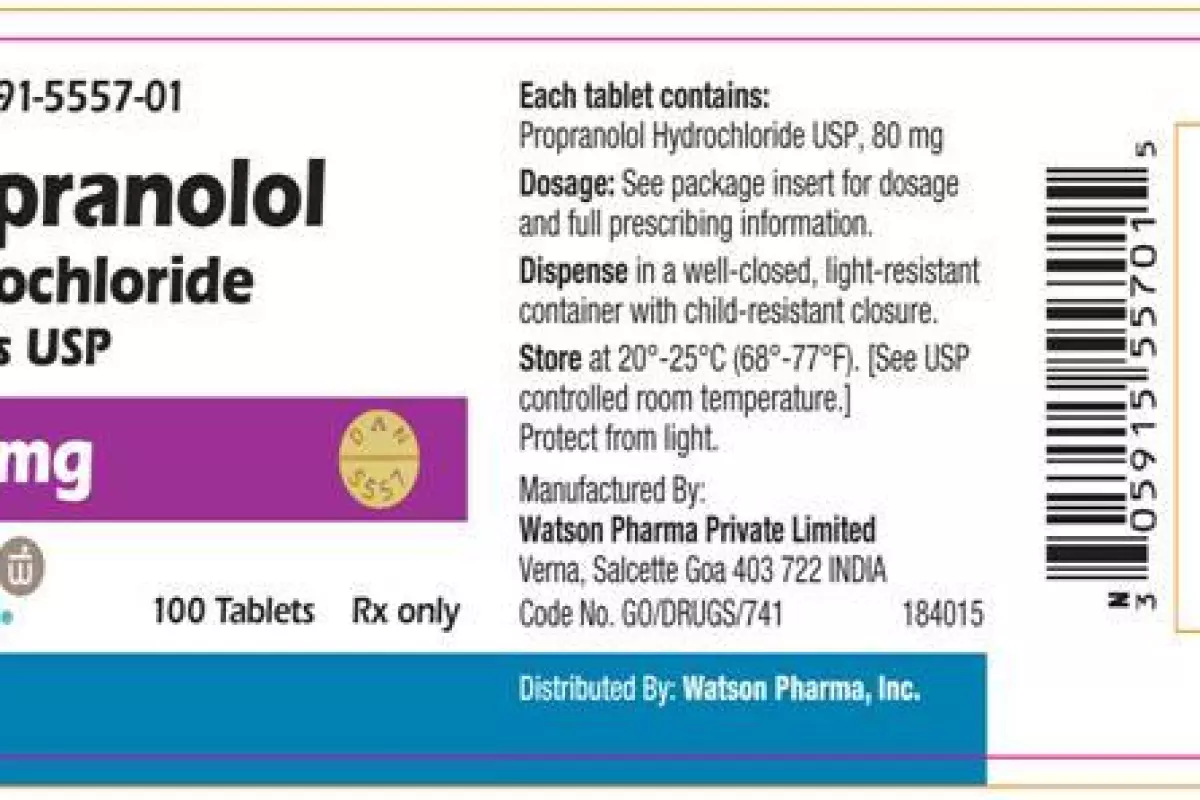Although racism is widely believed to be a learned behavior, findings from an Oxford University team suggest that taking a heart disease medication may also help mute subconscious racist attitudes in individuals. Researchers gave the drug propranolol to 18 subjects, and placebos to a control group of the same size. Those that received the drug scored markedly lower on a standard test that measures subconscious racial bias. Does this mean we could one day see a pill to counter racist tendencies?
Propranolol was developed in the 1960s and was the first successful beta blocker developed. It is used to treat hypertension, anxiety and panic, with performers often using it to prevent stage fright. It is also being investigated as a potential treatment for post-traumatic stress disorder. The drug inhibits the amygdala, which is a region of the brain involved in processing emotion, including fear.
The Oxford University study saw participants undertaking a standard test for testing subconscious racial attitudes called a “racial Implicit Association Test” (IAT). One to two hours after receiving the drug or a placebo, the participants were asked to categorize positive and negative words, and pictures of black and white individuals, on a computer.
While the propranolol group scored significantly lower on the test into subconscious racial bias, there was no significant difference in the subjects' explicit (conscious) attitudes towards other races. There was also no difference in religious and sexual prejudice, or prejudice against drug addicts.
"Our results offer new evidence about the processes in the brain that shape implicit racial bias. Implicit racial bias can occur even in people with a sincere belief in equality," said lead author and Oxford experimental psychologist Sylvia Terbeck. "Many people with medical conditions are probably already on drugs which affect subconscious bias and more research is needed into how drugs which affect our nervous system affect our moral attitudes and practices."
The research team cautioned that the notion that unconscious racial attitudes could be modified using drugs would require careful ethical analysis.
"Biological research aiming to make people morally better has a dark history. And propranolol is not a pill to cure racism. But given that many people are already using drugs like propranolol which have 'moral' side effects, we at least need to better understand what these effects are," said Professor Julian Savulescu of Oxford University’s Faculty of Philosophy, a study co-author.
Savulescu is one of a number of researchers at Oxford and elsewhere who have been working to bring attention to the potential for "Enhancing Human Capacities" through medicine, which is also the title of a book released last year, which Savulescu co-edited.
The results of the team's study are found in the journal Psychopharmacology.
Source: Oxford University





